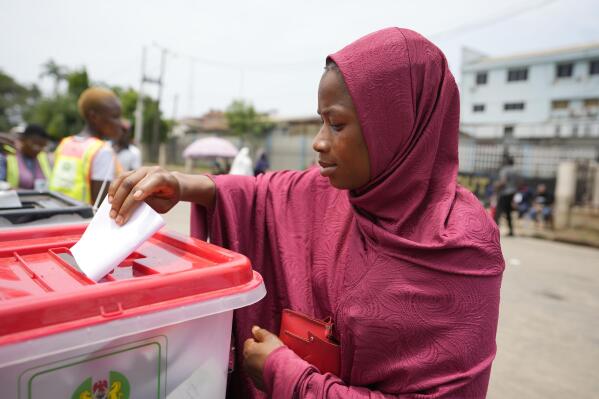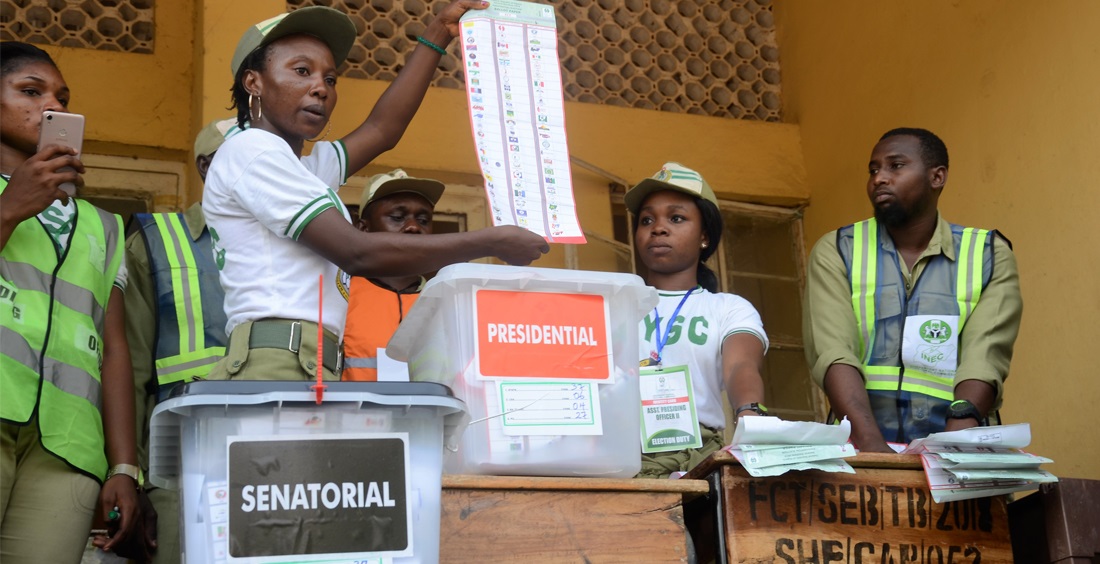- by Williams O.
- Jul 10, 2025
Why Voter Turnout in Abuja Dropped in 2023

- By Williams O.
- • Thu, Jul 10 2025
- • in People & Politics

What Really Happened in 2023
I registered to vote, I even collected my PVC. But when the day came, I just couldn’t believe in it anymore.
Zainab, 27, university graduate in Lugbe
The 2023 elections came with hope. Young people lined up to register, shared PVC collection selfies, and flooded Twitter and WhatsApp groups with voter awareness messages. But when the voting day arrived, something unexpected happened.
The crowds never showed up in the numbers many hoped for. Polling units in areas like Nyanya, Gwarinpa, and Kuje were quieter than expected. Even in city centres, where political conversations had been loudest, the queues were shorter than imagined.
What changed between registration and actual voting? It wasn’t laziness. It wasn’t apathy. It was something deeper. Something painful.
1. Broken Trust in the System
Many young voters felt betrayed. They believed in change, believed their voices would count, but when results began to roll in, many said it felt like their hope was being stolen right in front of them.
The Independent National Electoral Commission (INEC) promised transparency, but delays in result uploads, inconsistencies in reporting, and a lack of communication left people feeling invisible. Some described it as heartbreak, not politics.
When trust is broken, participation suffers. And in 2023, trust was fragile.
2. Fear and Safety Concerns
Elections in Abuja are usually calm compared to other regions, but that doesn’t mean everyone felt safe. Stories of ballot snatching, intimidation, and tension in certain wards made many think twice.
Some families begged their children not to leave home that day. Some watched online and waited, hoping it would be peaceful before stepping out. For many, by the time they felt ready, it was already too late.
In a city where safety is not always guaranteed, many voters stayed inside and prayed instead.
3. PVC Collection Frustration
Some people tried. They really did. They stood in line under the sun at Area 10, Garki, for hours. Others went back three or four times, only to be told their cards weren’t ready.
By February, some had given up. Their intention to vote was strong, but the process felt too chaotic. And without a PVC, there was nothing they could do. They became silent observers instead of participants.
4. Social Media Echoes, But Real-Life Silence
Online, it looked like everyone was voting. But in real life, many were quiet. A few people voted early and posted about it, but others stayed offline, unsure of what to believe anymore.
Social media sometimes gives a false sense of unity. It looks like we are all going to the same destination, but in reality, many were lost, confused, or grieving their disillusionment.
5. The Weight of Hopelessness
One of the hardest truths is that many young people felt like their vote would not matter. Not because they did not care, but because they cared too much and had been let down too often.
They had witnessed broken roads, unpaid salaries, failed promises, and the same faces appearing on campaign posters again and again. They saw fuel prices rise, electricity fall, and policies shift overnight. They began to ask, “What difference will my vote really make?”
When hope starts to feel like a lie, turnout suffers.
But It Was Not All Lost
Despite the low turnout, something beautiful still happened in 2023. More young people than ever before registered. They asked questions. They protested peacefully. They believed, even if for a moment.
And those moments matter.
What happened in 2023 should not be seen as failure. It should be seen as a wound, one that needs healing, not judgment. If we listen carefully, the message is not that youth are careless. It is that they are tired of being ignored.
What Comes Next
To improve turnout in 2027, the answers are not just technical. They are emotional. We need leaders and institutions that speak with honesty, not just strategy. We need systems that value dignity over drama. We need polling processes that make people feel safe, heard, and human.
Most of all, we need to believe again. And that belief must be earned.
Not by slogans. Not by headlines. But by action, clarity, and truth.
